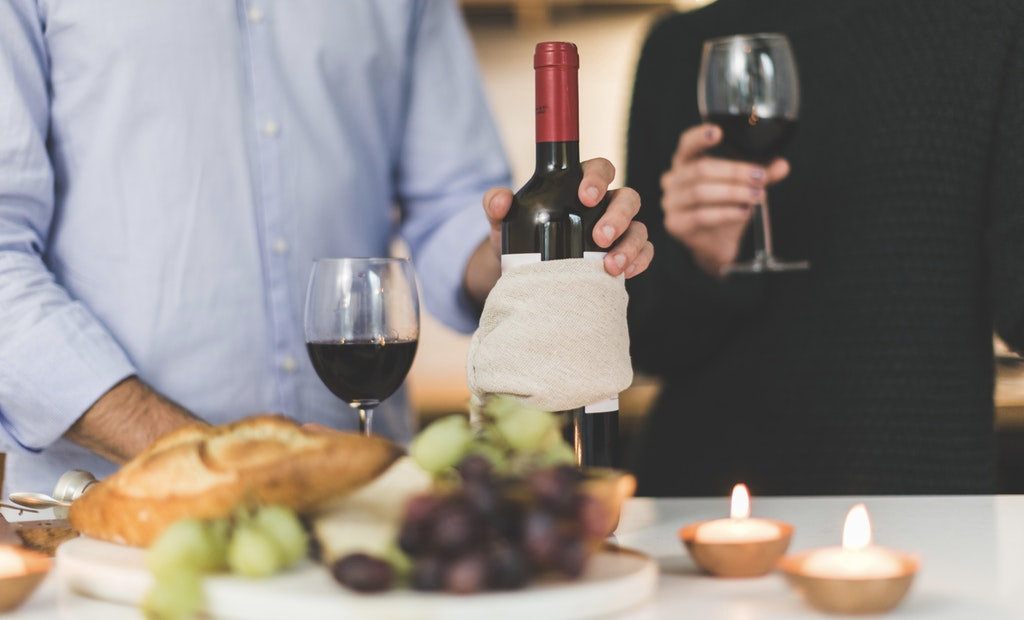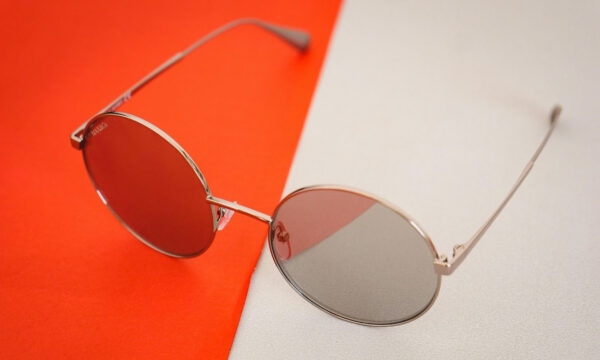How to manage alcohol addiction during a lockdown

How to deal with boredom and stress during quarantine? This is a difficult question for more than a quarter of the world’s population, who have been imprisoned by coronavirus.
Half of humanity have had to stay home through quarantine, AFP reports. Forced isolation, lack of familiar rituals and limited communication can cause stress. Together, these factors could be a reason for people to start drinking in an attempt to fight either boredom or stress.
The situation with alcohol is even more complicated than with drugs. While the lockdown has made it more difficult to find substances for drug addicts, everybody can still go to the nearest supermarket and buy as many bottles as they want. Alcohol detox is necessary.
Now that trips to the supermarket are more seldom, we try to get more food than we really need in fear that we will not have enough. And the same goes for alcohol. This is why alcoholism is a crucial problem, and why especially now, substance abuse treatment needs to be solved. Fighting against alcohol addiction cannot be done completely in isolation. This article offers tips on how to avoid becoming an alcohol addict and how to get treatment of addiction in times of Covid-19 for those who already are.
Growth of alcohol use during Covid-19
The popularity of alcohol during quarantine has increased in various countries around the world. In particular, in Germany, between the end of February and the end of March this year, sales of wine and spirits increased by a third compared to the same period last year.
In the United States, according to research by Nielsen, sales rose by 55%, with tequila, gin and cocktails in the lead. Even Finns, who consume less and less alcohol each year, bought it 9.3% more in March according to Yle. In Britain and France, people have also started to buy more alcohol.
However, the situation is different in non-European countries. Alcohol has been banned completely in South Africa and India. This is how local authorities are trying to keep people out of contact during the quarantine.
Marketers do not necessarily connect the increase in alcohol sales with a desire to drink more – quarantined bars and restaurants are closed, so people buy alcohol in supermarkets or order online. At the same time, panic has also played a role – because of the quarantine announcement, many people want to stock up on alcohol.
Why people are less positive
Quarantine does not allow our usual forms of entertainment like meetings with friends, going to bars, restaurants, or the cinema. The only pleasures we have are watching movies at home or partying online, but it quickly becomes monotonous. Psychologists have explained that in enclosed spaces, people lack positivity, so many of them replace these emotions with alcohol.
Life had a certain rhythm before – waking up, walking, eating at the same time every day. The body no longer has this rhythm, resulting in feelings of anxiety and tension. A small amount of alcohol causes a warm feeling in the body and positive emotions. In addition, it can relieve anxiety and help us to calm down.
Many have more free time, which they need to spend. Of course, in the non-quarantine period, people also used to drink alcohol as a form of leisure, but now it happens much more often.
How to avoid alcoholism during the pandemic
Some psychologists have claimed that forbidding people to drink at all is not a good option because they are unlikely to follow this recommendation.
The World Health Organisation says that alcohol use is associated with a number of infectious and non-communicable diseases and mental disorders, which make a person more vulnerable to Covid-19. In particular, alcohol compromises immunity and increases the risk of adverse health effects. Here are some tips on how to replace alcohol with other enjoyable activities.
Control the amount of drinking
According to the WHO guidelines, men should consume no more than 40 grams of pure alcohol per day. This equals two bottles of beer or three glasses of dry wine. Women need 10 grams less, which is commensurate with one and a half bottles of beer or two glasses of wine. This is a safe form of drinking. However, the stage preceding alcoholism is characterised by a loss of control over the amount of alcohol consumed.
The first stage of alcohol consumption is characterised by a need to relieve tension and physical pain. It easily moves into the second stage, when a person has a high tolerance for alcohol and needs to increase the dosage to feel the effects. Then there is a need to drink in the morning in order to get rid of a hangover.
It is better not to reach the third stage because it already has a negative impact on your personality, memory and professional skills. A person can also lose work and close friends who are not addicted to alcohol. If, in this case, people try to find friends among those who drink, their social situation decreases and life gets worse.
Engage in physical activities
There are a lot of things with which to replace alcohol. Firstly, there is physical activity. Physical exertion is required to produce endorphins, hormones which make us feel happy. This doesn’t mean simply cleaning the apartment, but working out at least 20 minutes a day. When a person has fun through exercise, it eliminates the need for alcohol.
Physical activities are also very important whilst in lockdown when our only steps are from the bedroom to the kitchen and sometimes to the nearest supermarket. People spend more time in seated or lying positions and eat more – so it’s even more important to be active.
Engage in intellectual activities
Taking on an intellectual workload can also be helpful. In particular, activities like learning foreign languages, reading books, studying and watching movies will distract from difficult thoughts and provide new challenges every day.
If you already have an addiction
Though it might be clearer to see how ordinary people can handle alcohol problems, everything is more difficult with alcohol addicts. Alcoholics are likely to suffer at this time because they cannot attend counselling services and receive face-to-face assistance.
The British Alcoholics Anonymous Community has said that since the beginning of March, the number of calls to their hotlines has increased by 22% and the number of chat visits has increased by almost a third.
It’s not the best idea to have face-to-face addiction treatment during Covid-19. Following the rules of social distancing, groups of anonymous alcoholics have to meet online. And it’s a great thing to do: sitting in your own home, surrounded by things which calm you down, is perhaps much more pleasant than sharing your feelings in a typical AA location.
If you are not ready to see people online, you can get substance abuse treatment during quarantine by phone. There are a lot of free hotlines for alcohol addicts, where you can get tips and support from specialists. All the calls are anonymous, so it’s much easier to feel comfortable and overcome the fear of talking about your problems.
The editorial unit
























Facebook
Twitter
Instagram
YouTube
RSS